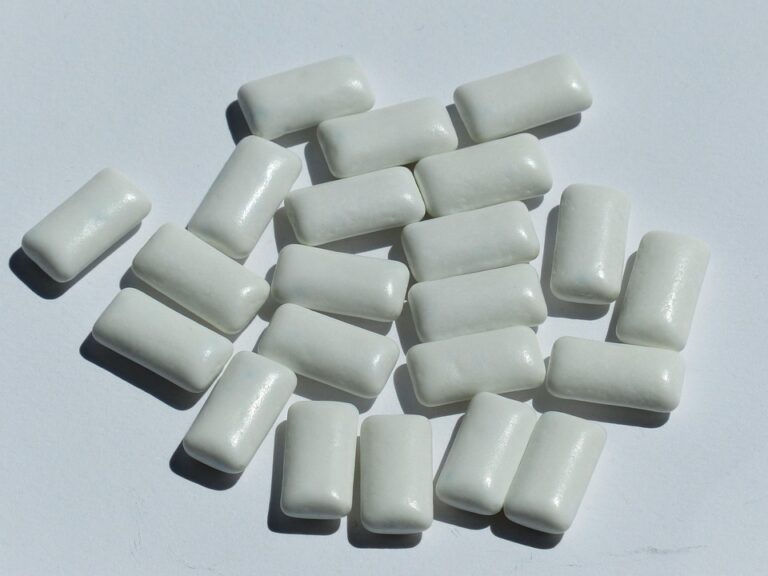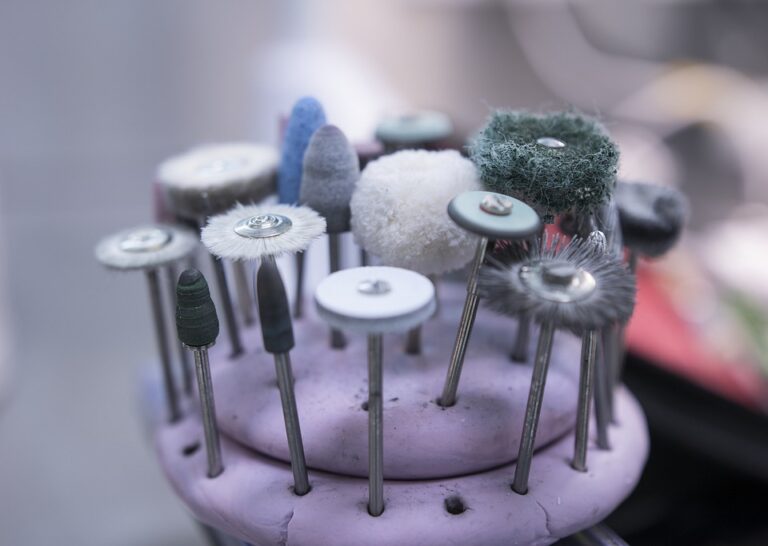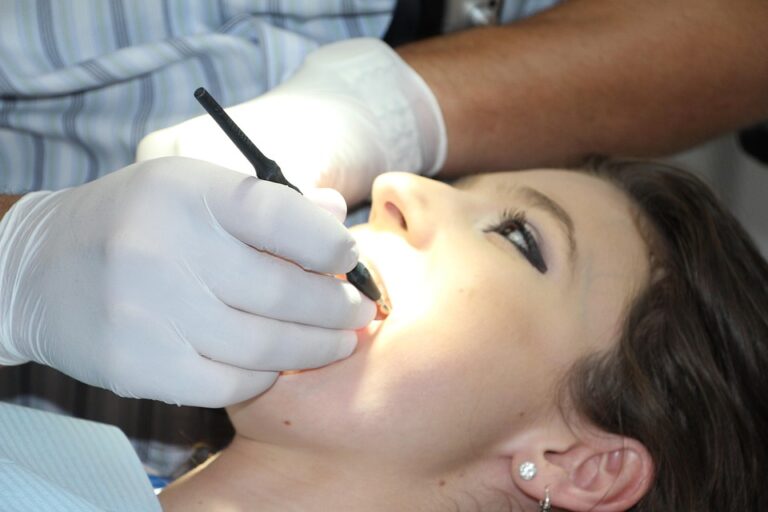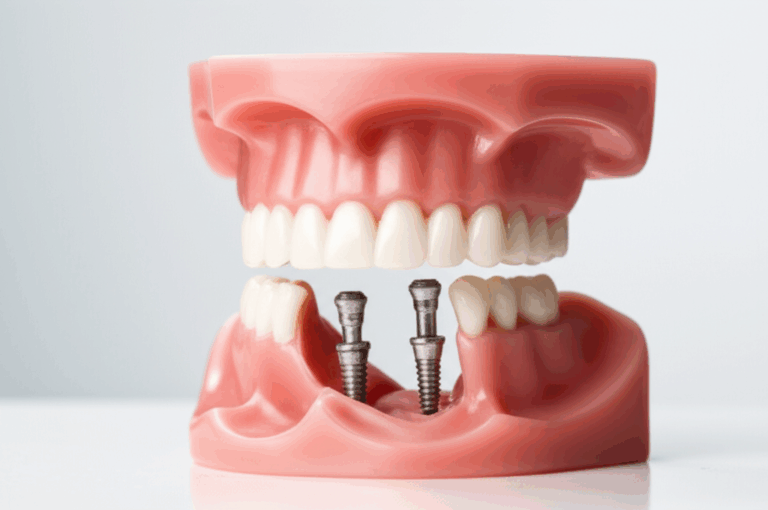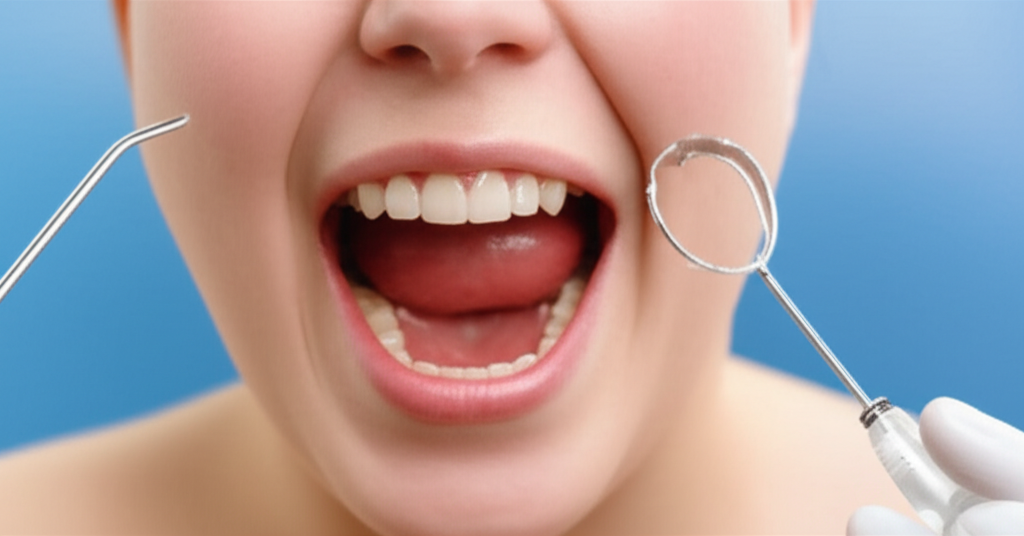
Can Dental Problems Cause Constipation? The Surprising Oral-Gut Connection Explained
Have you ever had a toothache and then, out of nowhere, found you couldn’t “go” like you usually do? You might be surprised to know your mouth can actually play a big part in your gut health—including causing constipation. If you’re stuck wondering what’s happening, don’t worry. I’ve been there too, and in this article, I’ll show you how dental problems can lead to constipation, what you can do about it, and why taking care of your teeth really matters for your whole body. Keep reading—your belly (and your smile) will thank you!
Table of Contents
- Why Would My Mouth Affect My Gut?
- How Does Chewing Trouble Slow Down Digestion?
- What Happens When I Avoid Crunchy Foods?
- Can Pain or Stress from Bad Teeth Really Mess with My Stomach?
- Do Dental Medications Cause Constipation?
- How Can Gum Disease and Infections Mix Up My Gut?
- Which Dental Problems Are Most Likely to Cause Constipation?
- When Should I Suspect My Teeth Are the Problem?
- How Can I Fix The Root Cause and Get Relief?
- When Should I Talk to a Dentist or Doctor?
- Real-Life: What Happened to Me When My Teeth Hurt
- Important Takeaways: What You Need to Remember
Why Would My Mouth Affect My Gut?
Let’s start with what sounds like a strange idea—your mouth is the first stop in your digestive system. Everything you eat or drink starts with your teeth, gums, and jaw. When something goes wrong in your mouth, it doesn’t just hurt there. It can mess up your whole digestion.
Think about it: If you had a rock in your shoe, you’d start walking differently to avoid pain. After a while, your whole body would notice. In the same way, problems in your mouth make you change what you eat, how you chew, and even how you feel. All of this affects your stomach and intestines, which can slow things down and lead to constipation.
The truth? Good mouth health is really important for a happy, working gut. Everything in our bodies is connected!
How Does Chewing Trouble Slow Down Digestion?
Have you ever tried to eat with a sore tooth or missing teeth? Ouch! You probably chewed less or swallowed bigger pieces. But chewing—what dentists call chewing (or mastication)—isn’t just for fun.
- Chewing breaks food into small, easy-to-digest bits.
- It mixes food with spit, starting to break it down before it even gets to your stomach.
If you have tooth pain, loose teeth, or dentures that don’t fit, you might not chew well. This means big food chunks go to your stomach. Your body has to work harder, slowing things down. When digestion slows, your colon may grab more water, and that makes stool hard and tough to move—classic constipation.
Fact check: Did you know people with 5 or more missing back teeth can chew with only half as much power? No wonder they have trouble with food!
What Happens When I Avoid Crunchy Foods?
Have you ever had a tooth that hurt so much you skipped salad? I sure have. Most of us stay away from foods that are hard, crunchy, or chewy when our mouths hurt. But guess what? Those are the foods—like raw veggies, fruits with skins, and whole wheat—that have lots of fiber.
Fiber helps make stool bigger and keeps you regular (teeth health).
When your teeth hurt, you end up eating soft, easy things—mashed potatoes, white bread, and yogurt. This switch sounds comfy, but soft, white foods don’t have a lot of fiber. Without fiber, stool doesn’t have the bulk or moisture to move easily through your gut. Next thing you know? You’re stuck.
Also, pain might make you avoid drinking water, which only makes things worse. Less water means drier, harder stool.
Problem, agitate, solve: Pain makes you skip fiber, which makes you constipated. The fix? Fix your teeth and try to find fiber-rich foods you can manage.
Can Pain or Stress from Bad Teeth Really Mess with My Stomach?
Yes, it really can. I remember feeling so stressed when my teeth hurt, my whole body felt tense—including my belly. Stress may sound like just a feeling, but it changes things inside you.
When you have mouth pain, your body makes stress hormones. These send a message straight through your gut-brain link (the direct line between your brain and your belly), telling your digestion muscles to slow down. This means your guts can get sluggish and you get—yep—constipated.
Here’s how it works:
- Tooth pain → Stress and worry
- Stress → Tells gut muscles to slow down
- Slow gut → Constipation
Ongoing stress from dental problems just keeps this cycle going. Plus, pain often keeps you from eating well, so your gut doesn’t get what it needs.
Do Dental Medications Cause Constipation?
Many people don’t realize the medicine for their teeth might actually slow down their guts. Let’s make it simple:
- Strong pain medicine: Pills like codeine or hydrocodone, often given after a tooth is pulled or big dental work, are well-known for causing constipation. They slow down how your gut moves.
- Other painkillers: Even some non-opioid meds can slow you down if you take them a lot.
- Antibiotics: If you’ve had a dental infection or bad gums, your dentist might give you antibiotics. These kill infection, but can also harm the good bacteria your gut needs. This “bad balance” can mess with your digestion and regularity.
So, medicine can help you heal, but remember these common side effects. Talk to your dentist or doctor if things aren’t moving!
How Can Gum Disease and Infections Mix Up My Gut?
Did you know that gum disease or an untreated infection in your mouth can cause problems much further down? Here’s what happens:
- Mouth infections like gum disease or tooth abscesses cause your whole body to get inflamed.
- This can make your gut more sensitive and affect how it moves food along.
- Some bacteria from your mouth can get into your blood and mess with the “good” and “bad” bugs in your gut (the “gut microbiome”).
When the balance is off, your digestion slows, and you’re more likely to get constipated, bloated, or just feel yucky.
Reference Table: How Dental Issues Cause Gut Problems
| Dental Problem | What Happens in Your Body | Gut Trouble |
|---|---|---|
| Swollen gums (periodontitis) | Body gets more inflamed | Slower bowels |
| Tooth abscess | Bacteria get into your blood | Messed-up gut bacteria |
| Pain while chewing | Eat less healthy food | Less fiber, more constipation |
Which Dental Problems Are Most Likely to Cause Constipation?
You might be surprised how many mouth troubles can quietly mess up your stomach. Here’s a short list of the worst ones:
- Cavities and toothaches that don’t get fixed
- Missing teeth or dentures/bridges that don’t fit well
- Gum disease (periodontitis)
- Crooked teeth or jaw joint pain, like from TMJ
- Tooth abscesses or mouth infections
- Soreness after braces or dental work
No matter how old you are, anything that makes it hard to eat, chew, or keep up brushing can end up affecting your belly.
If your kid or an older adult you care for has both dental problems and constipation, don’t ignore it—it’s common!
For more about dental disease and what it does, check out common dental diseases.
When Should I Suspect My Teeth Are the Problem?
Let’s say you’re usually regular, but suddenly you’re constipated—and oh, you’ve got tooth pain or it hurts to chew. This isn’t just bad luck; there may be a direct link.
Ask yourself:
- Did I just start having trouble chewing or swallowing?
- Did I change what I eat to avoid hard, chewy, or spicy stuff?
- Am I skipping meals or eating more mashed/processed foods?
- Have I noticed more stress, trouble sleeping, or new pain medicines?
If you said yes to any of these, your dental problem might be making your belly worse.
Pro tip: Track your symptoms! If your stomach issues pop up or get worse when your teeth hurt, talk to your dentist and doctor.
How Can I Fix The Root Cause and Get Relief?
Here’s the good news—if you fix your teeth, it often fixes your tummy trouble too! Here’s what to do:
- If you have dentures or bridges, make sure they aren’t loose.
- If your jaw hurts, ask about TMJ treatments.
If you need dental help, a china dental lab, or special labs for dentures or implants, can make custom fixes for missing teeth and chewing trouble.
When Should I Talk to a Dentist or Doctor?
It might be hard to know if you need to wait or call for help. Here’s my advice:
Don’t wait if you have:
- Constipation that sticks around for more than week
- Bad pain, swelling, or fever with your dental trouble
- Blood in your stool, sudden weight loss, or new stomach pain
- Can’t eat or drink enough
Regular dentist visits stop problems before they get big. It’s much easier (and cheaper) to fix a tiny cavity or adjust a denture than deal with pain, low nutrition, and ongoing constipation!
Real-Life: What Happened to Me When My Teeth Hurt
Let me tell you a story. A few years back, I woke up with a throbbing tooth. Even eating a banana was tough. For about two weeks, I stopped eating apples or salads—just had soft bread, milk, and soup. By the second week, I noticed I hadn’t used the bathroom in days.
Turns out, with all that pain, I ate way less fiber and drank less water. I was also taking medicine for the pain that slowed my gut down. As soon as the dentist fixed my tooth, things turned around. I could eat normal again, took some walks, and my stomach got back to normal.
The lesson? Don’t ignore tooth pain, and don’t forget it can affect your whole body!
Important Takeaways: What You Need to Remember
Here’s your quick summary table!
| Big Idea | What You Should Know |
|---|---|
| Mouth health matters! | Dental problems can cause or make constipation worse |
| Chewing is key | Trouble chewing makes digestion slow |
| Fiber helps | Skipping healthy foods = less fiber and more backup |
| Pain and stress hurt | Sore teeth and worry slow your gut |
| Medicines count | Painkillers and antibiotics can slow digestion |
| Watch for red flags | Bad or long-lasting problems? See a dentist or doctor |
Most important things to remember:
- Take care of your teeth so your gut stays happy.
- Chew your food well—if you can’t, get dental help soon.
- Eat soft foods with fiber if it hurts and drink water.
- Watch the side effects from painkillers and antibiotics.
- Don’t ignore tooth and belly problems. Get help if you need it!
If you want to learn more about how a clean mouth helps your whole body, check out teeth information and digestive health.
Or if you want more tips on a healthy, bright smile and a happy stomach, try dental care tips and oral health basics.
Remember: Good health starts with a healthy smile. Don’t let dental problems jam up your life!

